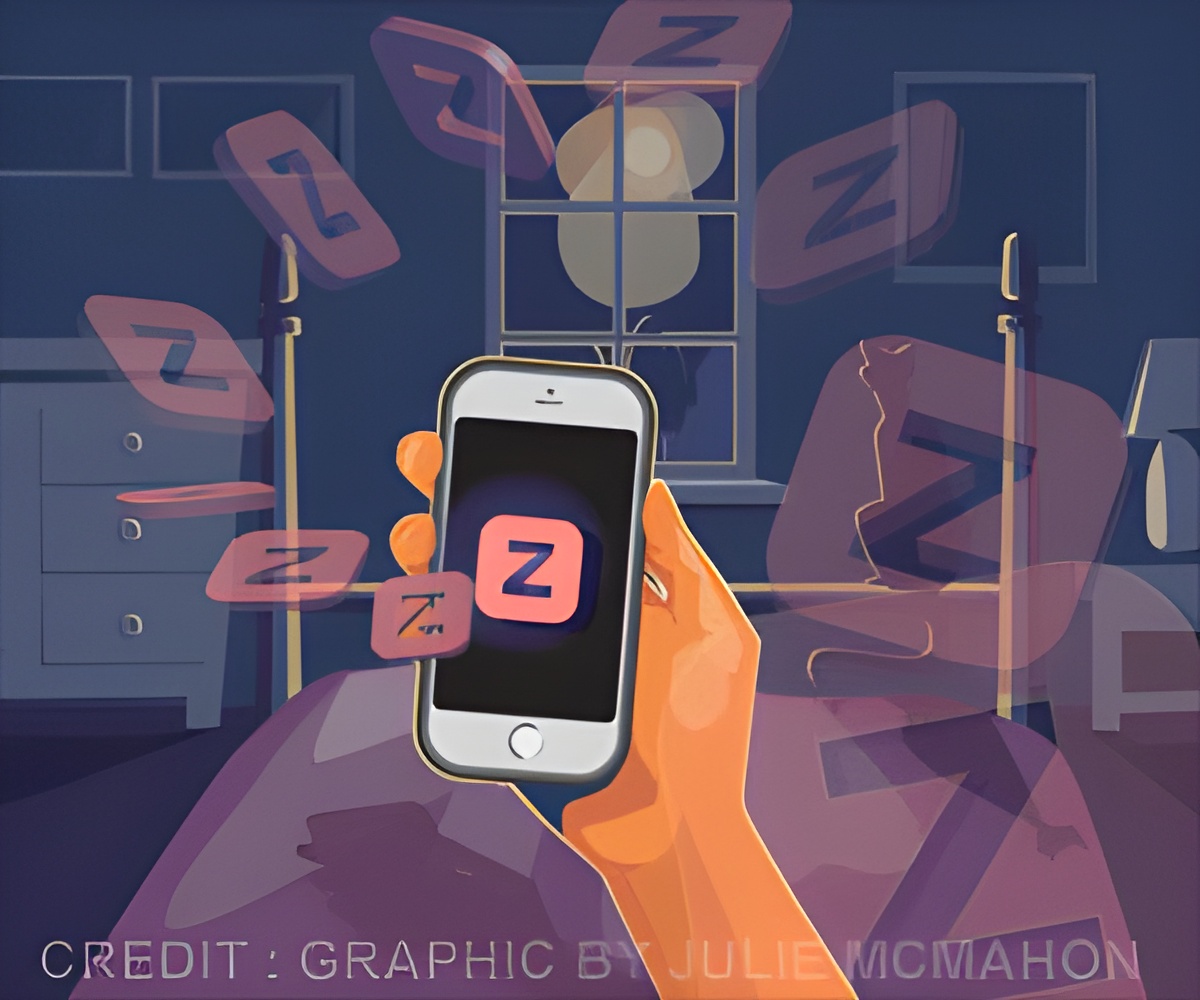
‘Sleep apps can help track the duration of sleep, the number of times a person wakes up in the middle of the night, and whether they snore, have trouble breathing, or change sleeping position.’
Tweet it Now
The research team says that the widespread use of mobile devices to monitor daily habits may offer healthcare providers a way to more quickly diagnose and more effectively treat sleep problems, which are tied to increased rates of heart disease, cancer, and diabetes. Supporting this approach is a 2015 Pew Research Center survey, which showed that the amount of mobile time spent by Americans tracking their health habits is second only to that spent surfing the internet.
Sleep App Users
But the NYU School of Medicine research team cautions that the value of sleep apps to either users or sleep specialists is unclear so far. They say the current study sets the stage for future investigations to determine what aspects of sleep can be measured effectively by the apps, and how these measurements can be used to gauge changes, both good and bad, in sleep patterns.
"People are getting all this information on their sleep patterns and not really knowing how to interpret it, or even if it’s legitimate data," says study lead investigator, Rebecca Robbins, PhD, a postdoctoral research fellow in the Department of Population Health at NYU Langone Health.
Advertisement
In addition to the overall health and wealth of the majority of users, the results showed that :
- More men than women track their sleep (35 percent versus 20 percent, respectively)
- The average age of those who use sleep apps was 34
- People with yearly incomes above $75,000 and those who already use a health app to remind them about taking their medications were also more likely to track their sleeping habits.
- Sleep app users typically had between 16 and 25 health apps on their smartphones
- The most popular apps for sleep tracking (of 24 health apps identified in the survey) are Fitbit (10 percent), Lose It (3.5 percent), and Apple Health (2.6 percent)
Advertisement
Source-Eurekalert














